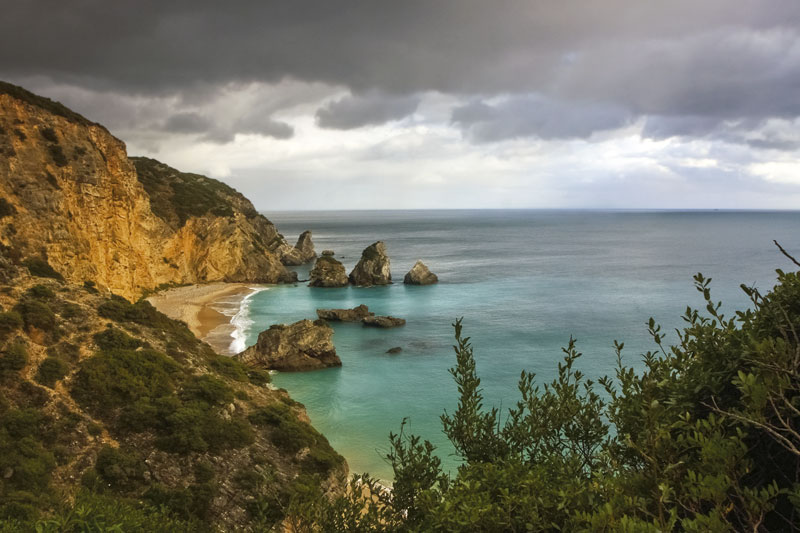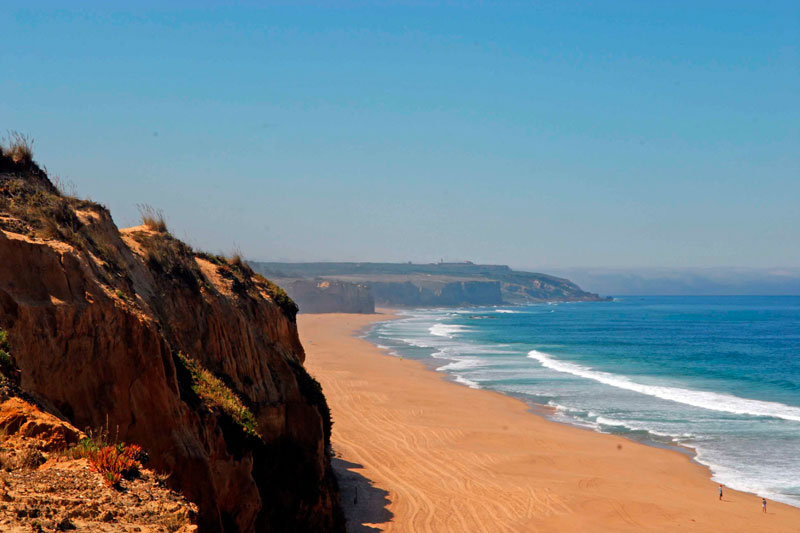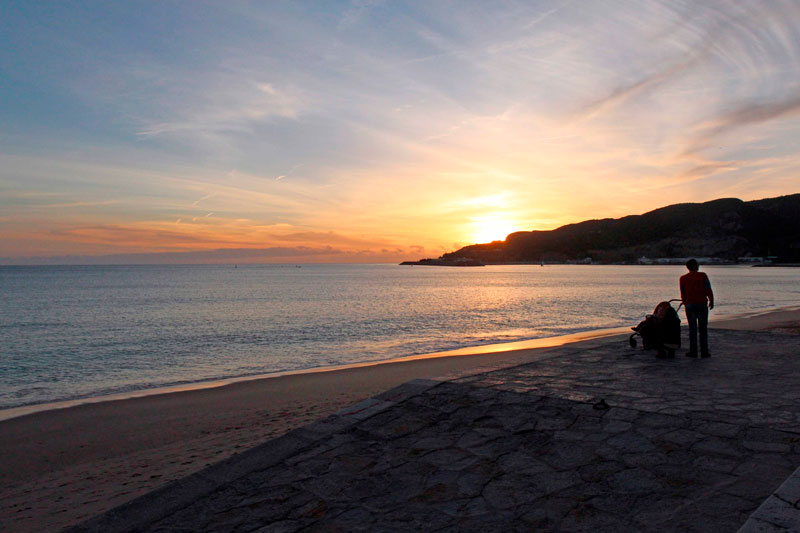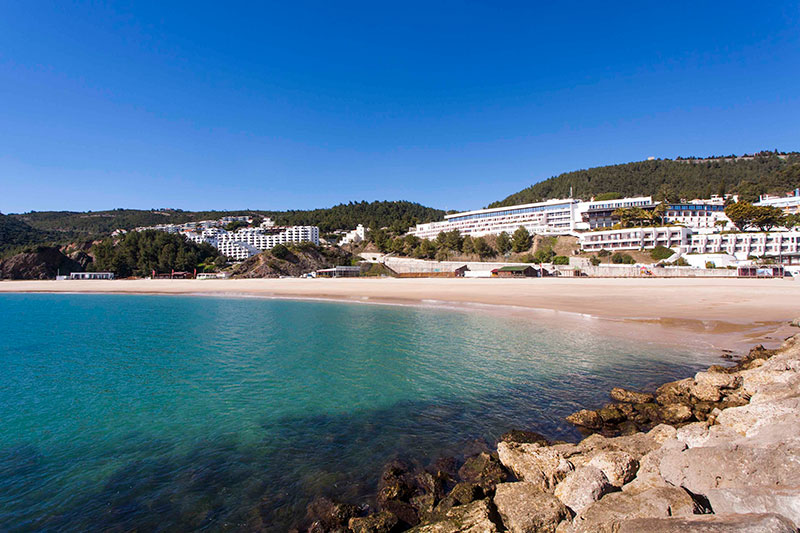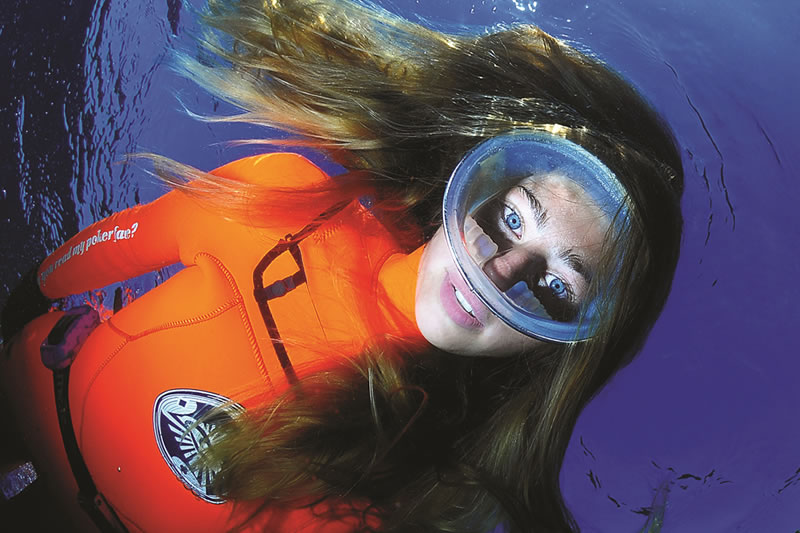Terms like, É um molhão, hã!, associated, for example, with a good fish catch, Atão sóce!, a typical greeting, or the very common Vais à zagaia, hã!, which means fetching fish from the dock, usually offered by a fisherman friend, are quite frequent.
The "Pexito" also usually speaks loud, appearing sometimes to be arguing. It is the "ardentia", as it is known, and can be observed in many places, such as the Sesimbrense Musical Society, one of the meeting places for the fishing community, while playing Na T'Irrites, a very popular game in Sesimbra, which owes its name to the fact that it leaves the player for whom the game is not going well in a bundle of nerves.
This symbolic place for the community is, in fact, one of the ideal places to hear other typical expressions, from the famous Tá bél isse!, irony to underline that something is not right, to Eh pá! O qu´é que vai pá caldera?, to ask someone what they are going to have for lunch or dinner.
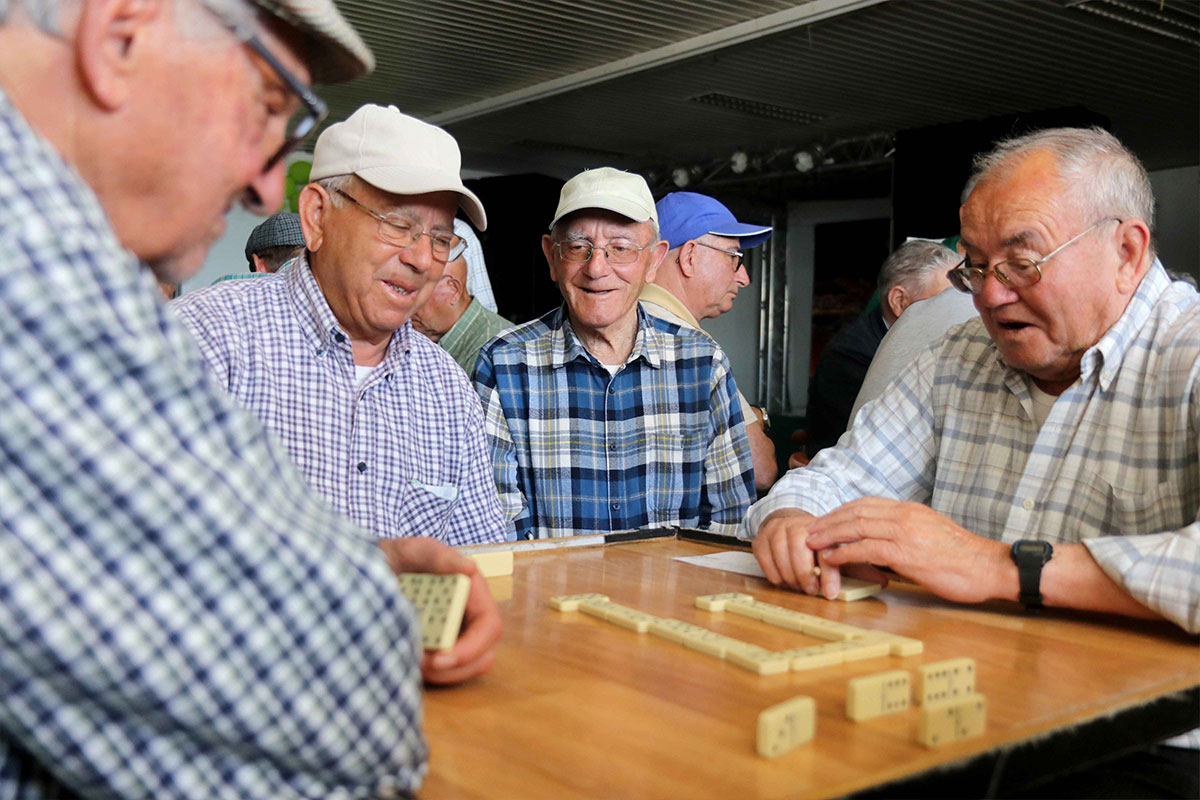
Habits
Like any other community, "Pexitos" have their very own habits and traditions. Early in the morning, many cannot go without the warm bread from local bakeries, especially from Gá or Joaquim do Moinho, the oldest in the village. It is there that they find out if the day’s catch was sardine or horse mackerel, as well as other news of the life of the community.
In the old days, it was mainly the fishermen's women, especially the housewives, who were in charge of this task, as well as going to the grocery store and the "praça", the Municipal Market (the local food market), to buy the agricultural products, since their husbands would be out fishing .
Even today, despite working at the most diverse jobs, many continue to go to the most traditional bakeries, also to buy Farinha Torrada, a sweet typical of Sesimbra. With regard to shopping, men, especially those connected to the sea, often have the task of buying the fish, as they are self-affirmed experts in this field. Actually, for anyone wishing to know which species are fatter and tastier at any given time of the year, the "praça" is the right place to listen to the advice of these experts in the field.
Walks on the beach, and to the dock, to keep fit and contemplate the sea and the beauty of the bay, are other well-rooted customs, which are increasingly adhered to by the younger generations.
At the end of the afternoon, many like to see the chincha, or Arte Xávega (traditional fishing method), that takes place on the beaches of the Sesimbra Bay, to see the fish that was caught.
Pexitos also have the habit of going to the cafe after lunch or dinner, which is probably associated with the need to "catch up" with friends. It is one of their "sacred" rituals, as some say.
Another characteristic is their kindness. They know how to host and enjoy sharing with family and friends, which is something that often happens with the fish caught.
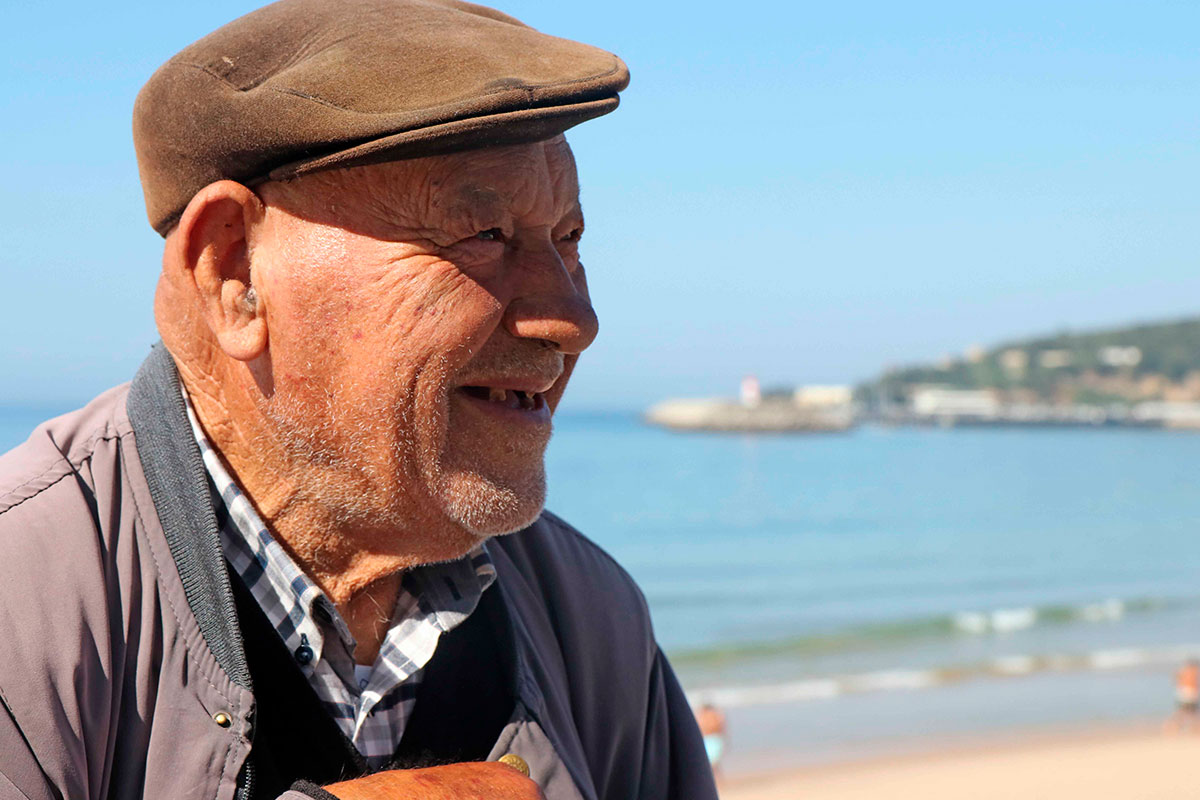
The fish that scents the streets
With so much good fish, it natural for the Sesimbrenses to enjoy the tastes of the sea. One of the peculiarities of Sesimbra is the unmistakable aroma of roasted or charcoal grilled fish, which scents the air, sharpens the appetite and awakens the curiosity of visitors.
In the early days of spring, for the "Pexito", it is almost mandatory to have the stove and a fan at the door of the house, to roast sardines, horse mackerel, mackerel or black scabbardfish, species which are very much appreciated for their fatness, taste and freshness.
In winter, one of the favorite dishes is the dry "cademonte", cooked with potatoes and chickpeas, a species of the shark family that many claim to be better than cod. In fact, if you take a walk along some of the most typical streets of the village you can still see this fish drying in the windows and doors of some houses, and in the fishermen's warehouses, especially in the harbour.
In general, the "Pexito" also loves a good fish stew, fish soup, fried cuttlefish and the tasty seafood of the coast, delicacies that are part of their identity.
1.jpg)
Festivities and culture
Faithful to their traditions, at Christmas, the "Pexitos" do not miss the Missa do Galo (Rooster’s Mass), in the main Church, and actively participate in the Festivities in Honour of the Lord Jesus of Chagas, which include the procession through the streets of the village on the 4th of May, a municipal holiday.
During the Popular Saints celebrations, which take place in June, they decorate the streets and, fulfilling an ancestral tradition, get together in the evening to savour the famous fish stews, as well as the charcoal grilled sardines and octopus, meals which are often shared with the tourists, who are surprised and surrendered to the nature of the locals.
In the summer, in addition to socialising at the cafe, they always find reasons to leave the house at night. They go to the movies, exhibitions, musical shows and, when there is a performance by the Sesimbra group De Vez em Quando, they line up to watch the plays which are always very amusing, in their very own language.
Revelers by nature, they live the Carnival in a very intense way. They enjoy masked balls in the evening, and they are fond of the warm rhythms of Brazil, participating in the several schools of samba and groups of axê. At the end of the year, they fill the streets of the village to celebrate New Year's Eve, one of the best known in the country.
At the end of the summer, after many days at the beach, it is time to prepare the aiola, a small wooden boat, for the Two Rowers Aiolas Regatta, a traditional sporting event that brings together men and women of various age groups.
For many, it is important to stay fit to participate in the Bay Crossing swimming event, a local tradition, which is also one of the most prestigious sea swimming races in Portugal, and which brings together every year hundreds of swimmers from all over the country .
On a cultural level, the Maritime Museum, in the Santiago Fortress, inaugurated in 2016, has become part of the usual itinerary for many Sesimbrenses and for those wishing to know more about the history of a community for which the sea is an important reference.
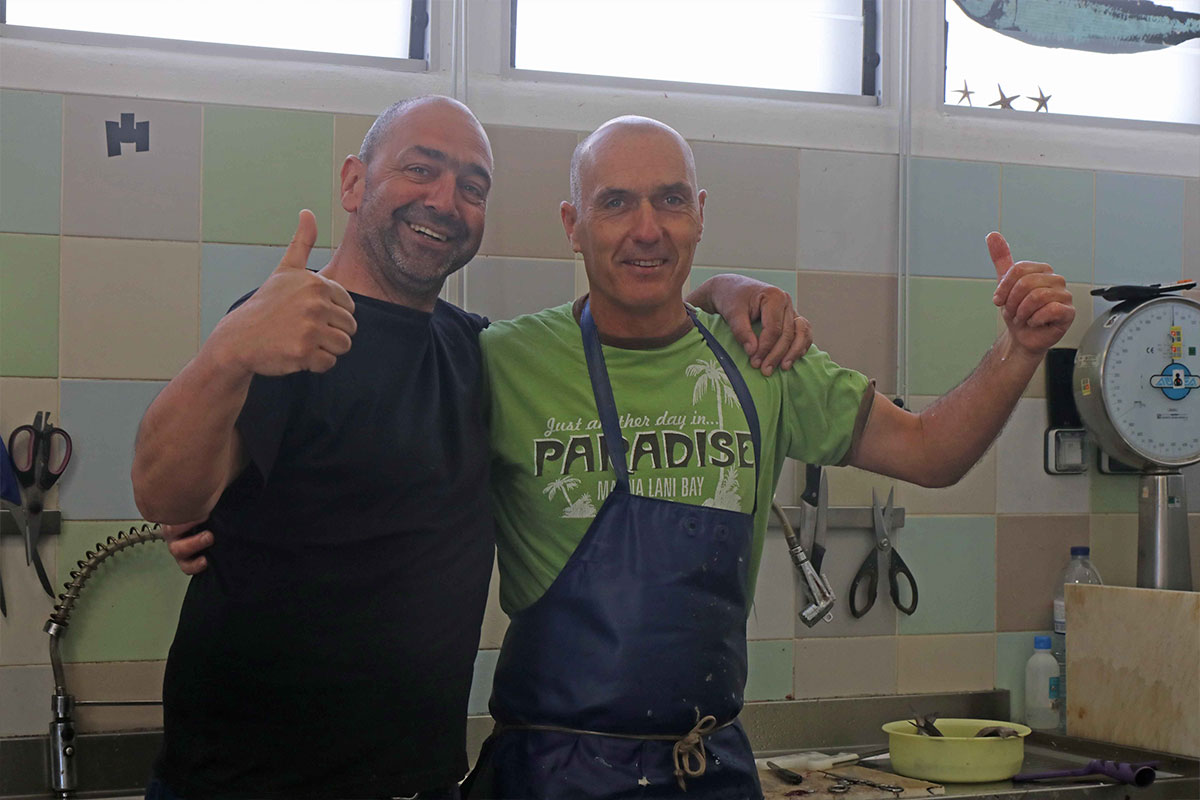


1.jpg)

